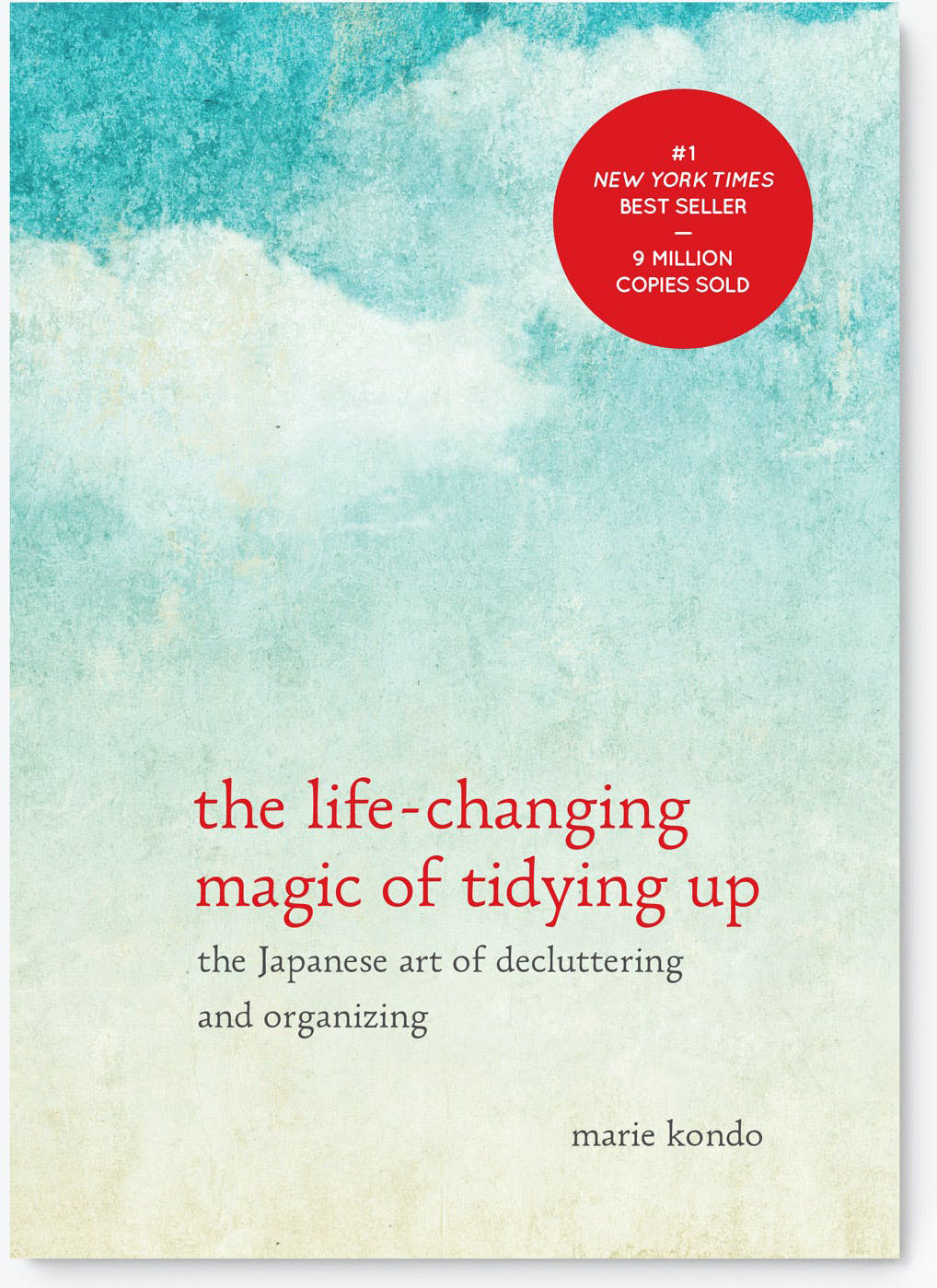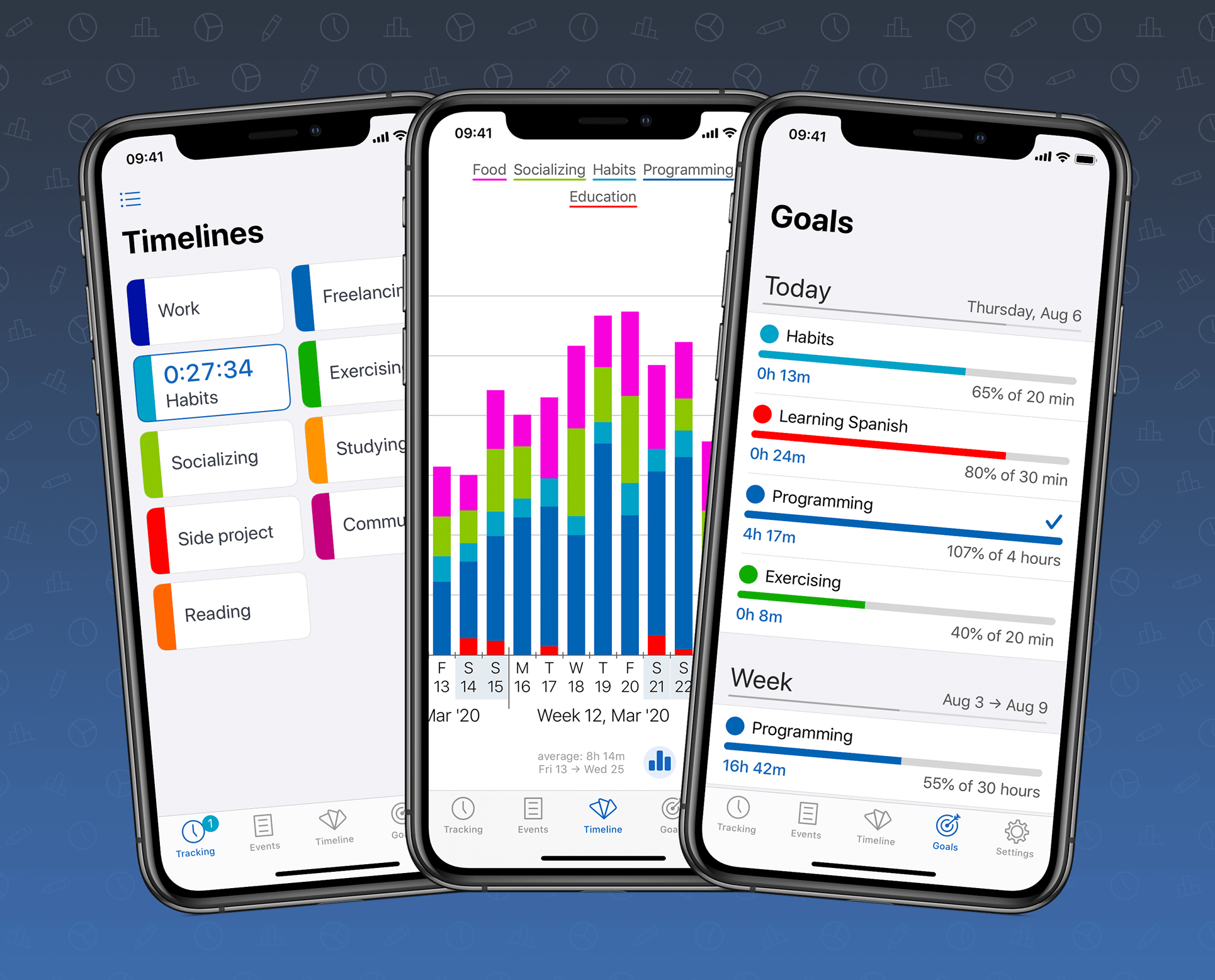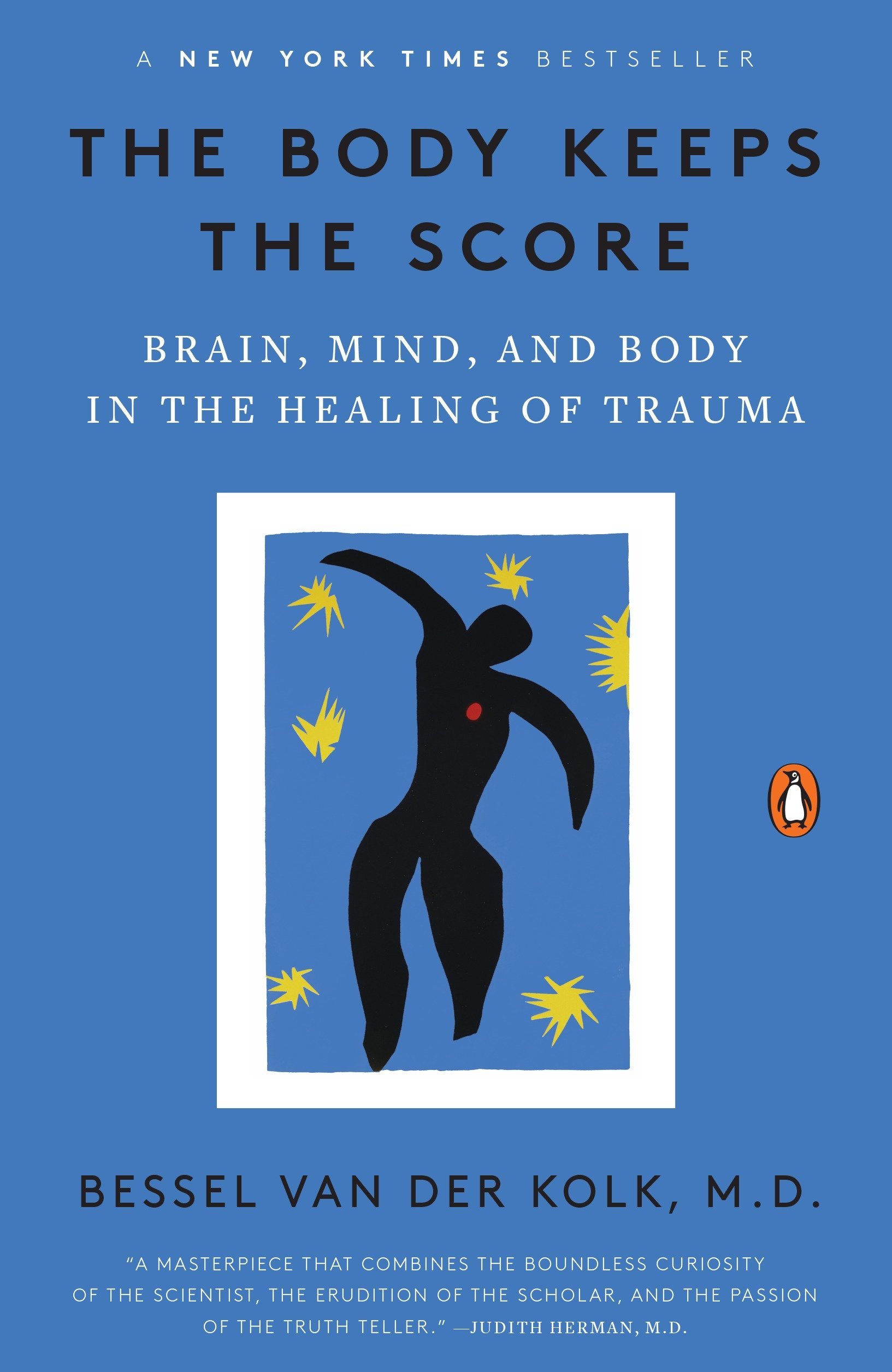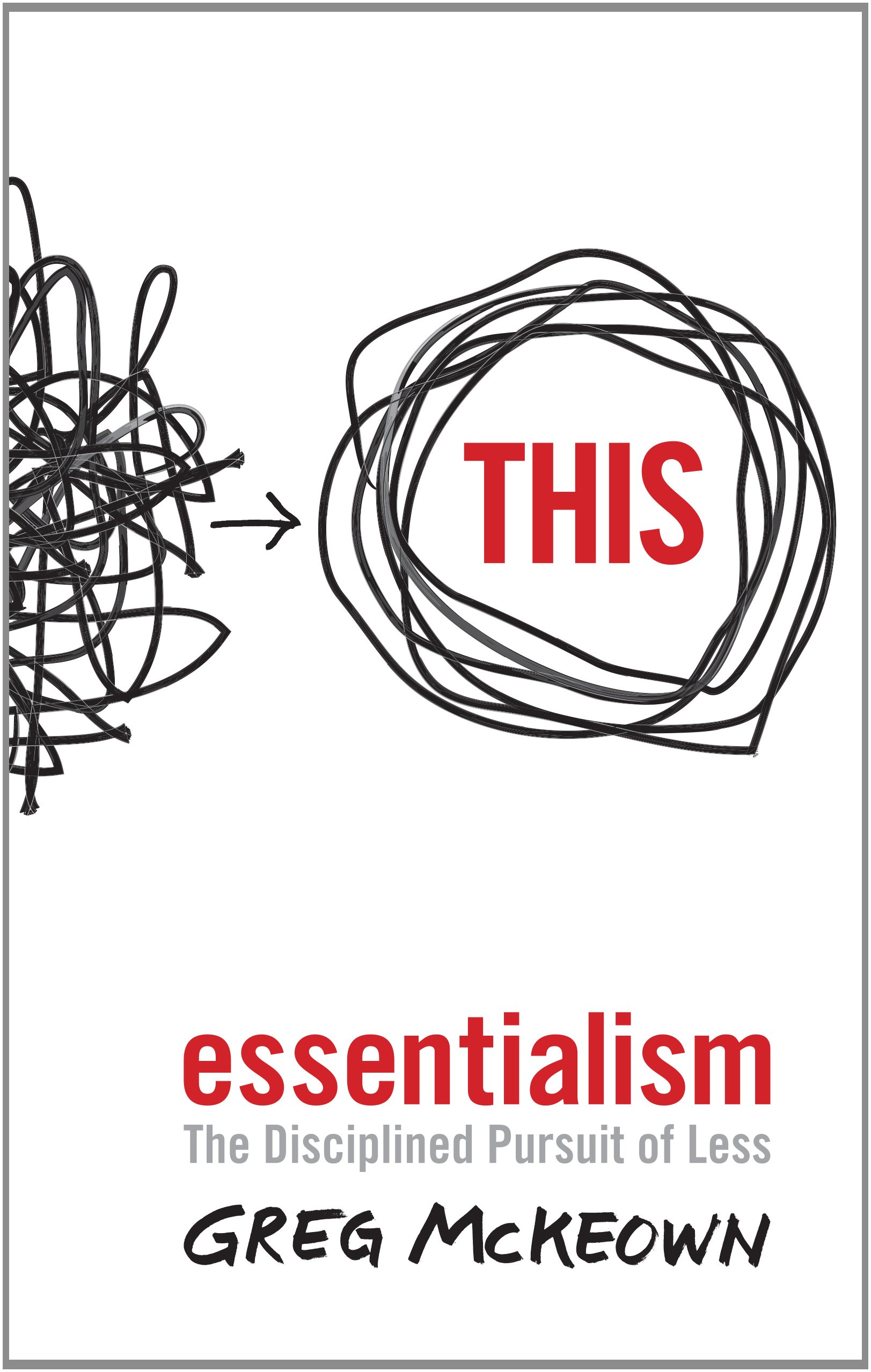Phew, what a year. If somebody told me at the beginning of 2020 that it will turn out like this, I'd have thought he is crazy. But here we are. Before I proceed to talk about myself, I want to say that I truly feel sorry for and sympathize with people who were heavily economically affected and people who've lost their loved ones due to this pandemic. It's almost impossible to comprehend just how much life has changed for so many people during this year. Hopefully, things will start improving now that we have the vaccine.
It has become my tradition to do these yearly reviews, and similarly, as in the last one, I want to organize it into several sections. I'll also do my best to keep it concise.
My path towards minimalism
This is something that caught my attention a while back. I've also been somewhat aware for years that having lots of things and clutter in my environment has a negative effect on my well being and my ability to focus. Long story short, it wasn't until this year that I actually started doing something about this.
At the beginning of the year, over several weekends, I had gone through all the things from my childhood at my parents' place (they were forcing me to either get rid of it or move it to my apartment, which was a drag, but in the end, this turned out to be a blessing in disguise). I managed to get rid of a lot of things, and as I was doing that, I almost felt as if I was becoming "lighter". It felt as if I'm dealing with the past by going through all these things and deciding what to keep and what to discard.
Even though I used to have a lot of difficulties parting with things, what made it much easier was that I have read the Marie Kondo's book and applied her famous Konmari method. In short: going through things by category, taking each item in hand and deciding whether to keep it or not based on one simple question:
Does it spark joy?
If you haven't read it yet, I'd highly recommend it: The Life-Changing Magic of Tidying Up: The Japanese Art of Decluttering and Organizing.

After having had finished up with the "old things", I continued in my apartment. It was a long process that I did throughout the year in different phases, and while I still have some things left that I know I don't need, compared to how it was before, I definitely am in the cleanest space and the lowest number of things that I ever was in my life. And it feels great.
Having had the experience of both living as kind of a slob (with many things / clothes / boxes laying around), and now living in a fairly minimal setting with only the essentials in visible places, I can definitely say that:
Clean space brings clarity of mind.
Another shift for me this year is that I am more conscious and picky about the things that I decide to add to my life. The cost of having a thing around which I don't need and I have to deal with somehow is oftentimes higher than its price tag - and the best way to avoid this situation is to not buy said thing in the first place.
Finishing Timelines 2.0
(Timelines is my time tracking app for iOS which helps people visualize their time, identify time-sinks, and generally be more efficient and conscious about how they spend their time.)

In terms of my work, finishing and releasing this 2.0 was the biggest thing for me this year. With this update, I made the difficult decision to switch to the subscription model. To justify that, I felt like I needed several big new features, to entice existing users to upgrade. In concrete terms: the biggest new features were:
- Goals (ability to define daily, weekly, and monthly targets, and then track your progress towards them)
- Bar chart (to see trends over time)
- Import from Apple Health (workouts, sleep, and mindfulness)
- New tab bar layout for clearer navigation
There was supposed to be synchronization between devices as well, and I spent decent time working on it, but ultimately decided to postpone it for later.
I'm happy to report that in the end, it worked out well, and the future of Timelines with the subscription model is looking promising. I'm excited to be continuing to work on it almost full-time next year. But, I must say that the whole year and a half of working on this update, in the end, turned out to be very emotionally taxing, and a few times I've almost crumbled under the pressure I was putting on myself. The scope was just too big, and there are definitely many lessons I took from it.
If you're interested in reading my raw & unfiltered feelings about it the day before I released it, you can do so here: Reflecting back on the 1.5 years of working on Timelines 2.0.
On the personal side of things
It's always difficult to talk about the topic of mental health because it's still such a taboo in our society. Last year it was the main topic of my review, this year I just want to touch on it briefly. I'm happy to say that overall, even in spite of the lockdowns and other COVID-related challenges, this year was way better for me mentally than last year. I feel like things just got better.
At the beginning of the year, I read the book The Body Keeps the Score: Brain, Mind, and Body in the Healing of Trauma. The author has over 30 years of experience in the field of trauma. If you were to read just one book on this topic, this should be it.

The thing with some childhood trauma is that it gets stored in the body and then keeps coming up in the form of unpleasant physiological responses to certain situations / smells / triggers, in the form of anxiety or fear. This is a huge over-simplification of course, but this book as well as some others that I've read this year has really helped me understand my own situation in a much clearer way, as well as gain more empathy for the situations of some people around me.
I know that some people might cringe over ever doing this, after all, it's just so much easier to bury certain things down and pretend as if they never happened. But the thing is, depending on the severity of the trauma, it can severely affect how we function in life. And by not addressing it, you might unintentionally be putting a ceiling on what your life could be. The alternative - going through the mud of trying to understand it and address it - is more painful short-term, but in the longterm, it's a much healthier approach that will liberate you for things and experiences that just didn't seem possible before.
(Disclaimer: I know that each situation is different and by no means am I trying to make it sound as if it's easy, or as if I knew what will work for everyone. I'm only speaking from my limited personal experience.) The quote that comes to mind which I subscribe to 100% is this one (from James Baldwin):
Not everything that is faced can be changed, but nothing can be changed that is not faced.
Some other books which I'd highly recommend to anyone interested in this topic are:
Other tips for mental well being
I hope it doesn't come of as preaching for me to say this, but I thought I'd share some of the other tips that I found had a positive effect:
- keeping a consistent sleep schedule and getting enough sleep
- eating well (if not sure what, see the book Genius Foods). There's a big link between mental clarity and the food we consume.
- basic physical activity. At the very least going for 20-30 minute walk every day
- finding somebody to talk about it
Try to talk about it
I feel very fortunate and grateful for several of my friends this year with whom I could discuss these topics, and who were supportive along the way. It's scary to bring certain things up, but being truly vulnerable with people can really deepen the human connection we have. And the thing you'll often find is: most people have some struggles of their own. Years ago, I used to feel very isolated because of these things, I used to feel like it must be "just me", but now I see that that couldn't be further from the truth.
Lessons / thoughts / realizations
Here are some of the things that didn't fit well into the other sections, in no particular order.
• Lack of novelty was a big problem for me this year. I need to find ways how to have more of that even when most places are closed down due to the pandemic.
• Getting the basics right goes a long way. That's something that I realized after reading through my weekly reviews from this year. Consistent sleep, eating healthy and in reasonable times of the day, getting in some physical activity, and maintaining friendships. I'll probably never get it completely right, but I'll sure keep trying.
• The compounding cost of postponing things. This is something that's been a big challenge for me for a long time. Decluttering my apartment was one of the things, there are many others that I need to address and take care of. Postponing something makes that thing grow bigger in our mind - it's oftentimes easier to take care of it sooner rather than later.
• "Don't be ungrateful" This is something that I try to tell myself when I catch myself wishing that I was doing better than I currently am. While it's good to strive for more, I think it’s equally important to recognize and appreciate all the things that are going well in my life.
• Essentialism - I've read this book recently, and found it absolutely fascinating. The basic idea is that instead of trying to do everything, it's much better to take the time to identify what's the most essential, and then do just that. And come to terms with the fact that in order to make our highest contribution, we need to sacrifice many of the things that are just "good" and not great.

Even with the unique challenges of this year, and even though I once again feel like I should've been able to accomplish more than I did, I'm grateful for the things that I managed to get done, and for the experiences I've had, and the things I've learned. Now, 2021, bring it on!
I hope this post was useful for at least some of you. And I wish you all the best in 2021! ✨